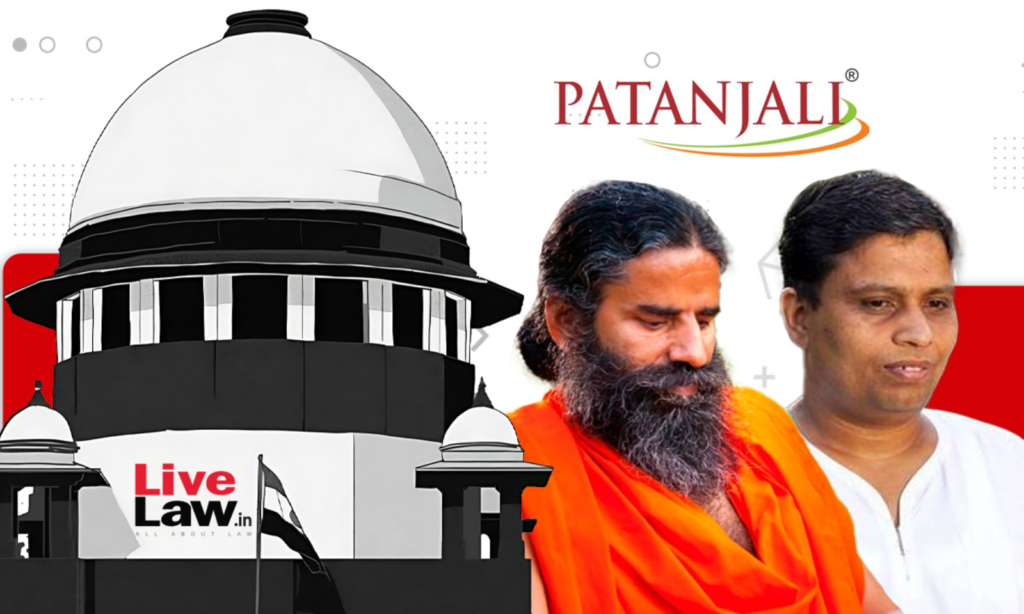
The Indian Medical Association (IMA) filed a petition accusing Patanjali of misleading advertisements and criticizing modern medicine. Most recently the court even directed the personal appearance of Baba Ramdev in connection with the case.
The Indian Supreme Court has tightened the noose around Patanjali Ayurved in an ongoing battle against the company’s allegedly misleading advertisements. In a hearing on March 19th, 2024, the court issued a notice to the established company and its Managing Director Acharya Balkrishna for contempt of court. This follows accusations that the company disregarded previous warnings regarding advertisements that make unsubstantiated claims about curing diseases.
The trouble for Patanjali began in November 2023 when the Indian Medical Association (IMA) filed a petition with the Supreme Court. The IMA claimed that Patanjali’s advertisements for their Ayurvedic products were misleading consumers and also disparaging modern medicine (allopathy). The Supreme Court, taking a serious view of the matter, cautioned Patanjali and asked them to refrain from such practices. The court specifically directed the company to avoid advertisements suggesting cures and to stop making negative remarks about other medical systems.
However, in February 2024, the court observed that Patanjali seemed to be continuing with similar advertisements. This alleged defiance resulted in a contempt notice against the company and its MD. The recent hearing on March 19th saw a heated exchange between the court and Patanjali’s lawyer. The seriousness of the situation escalated further when the court summoned Yoga guru Baba Ramdev, the face of Patanjali, to appear in person for the next hearing. This unprecedented move by the court highlights the gravity of the accusations against Patanjali.
The outcome of this case has significant implications for both Patanjali and the advertising landscape in India. If found guilty of contempt, Patanjali could face harsh penalties. More importantly, this case sets a precedent for holding companies accountable for misleading advertisements, particularly in the sensitive healthcare sector. Consumers also stand to benefit from clearer and more truthful advertising practices.
It remains to be seen how Patanjali responds to the court’s summons and what action the court will take if the company is proven to be in contempt. This case is likely to be closely watched by the advertising industry and consumers alike.


[…] Also See: India’s Top Court Pulls Up Patanjali Over Misleading Ads […]